While the impact of human activity on the global climate is getting a lot of attention, the direct impact of humans on the global biosphere is not. A new Biomass Assessment study published recently by Yinon Bar-On, from the Weizmann Institute of Science, and others, may change that. It seems that the biosphere the human species was born into is radically different from the one we inhabit today. Humans have, indeed, exercised “dominion over the fish of the sea, and over the fowl of the air, and over the cattle, and over all the earth, and over every creeping thing…” (Genesis 1:26) The consequences of this dominion are startling. Can we save life on Earth rather than destroying it?
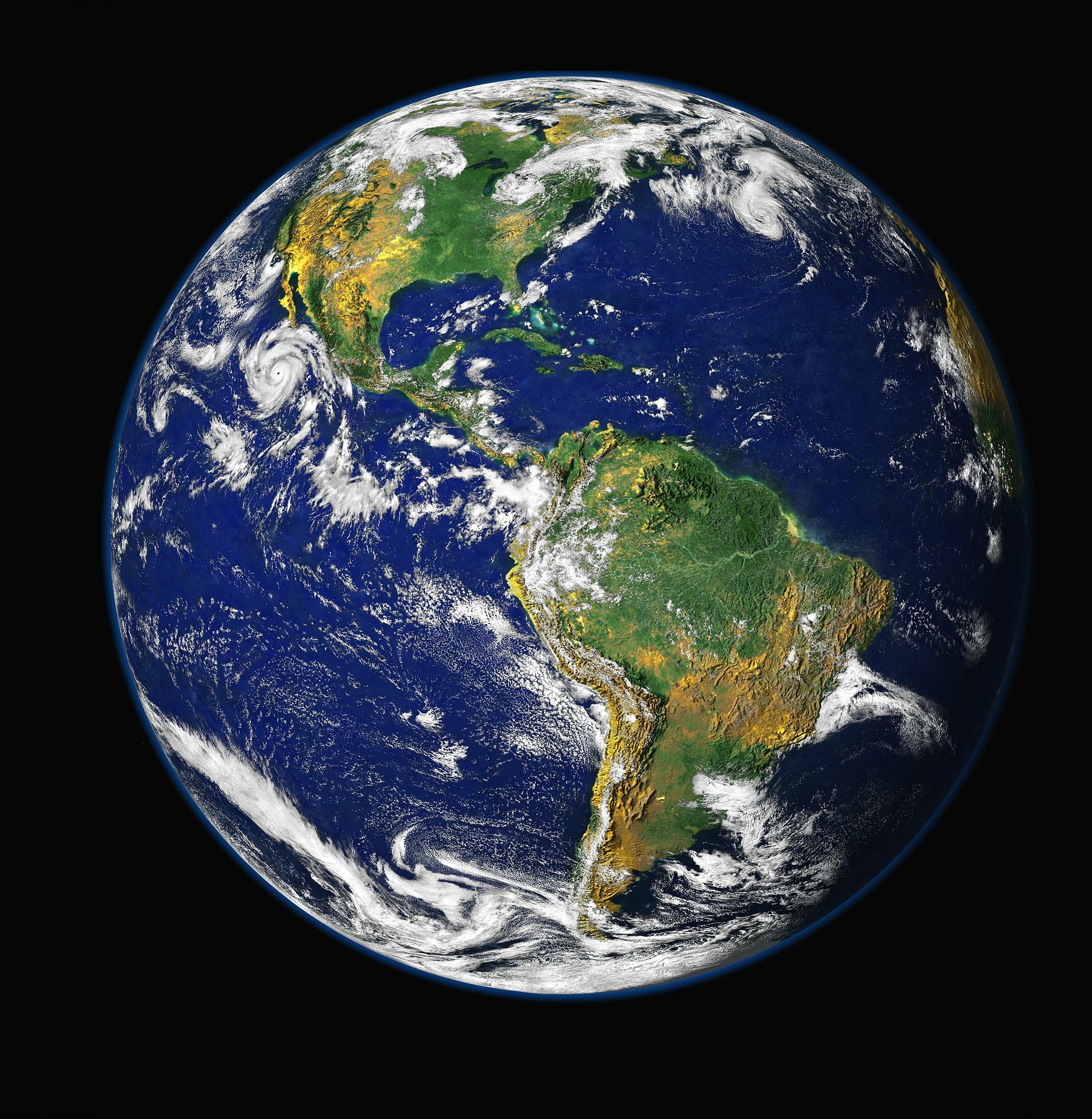
Biomass Distribution
Several media outlets have covered the recently released Biomass Assessment Study, including the Guardian and the Economist, although mainstream US media has not. The study used a standardized measure of biomass for all life forms based on carbon content, and estimated the total biomass on Earth today, including all life forms, at about 550 Gigatons of carbon. Here are some of the key findings.
- Since the dawn of human civilization, humanity has caused the loss of substantial stocks of biomass. Mammals have declined 83% (to one sixth). Marine mammals have declined 80% (to one fifth). Plants have declined by 50% (to one half) and fish have declined by 15%.
- About half the Earth’s animals are thought to have been lost in the last 50 years.
- Farmed poultry today makes up 70% of all birds on the planet.
- Livestock and humans make up 96% of all the mammals on Earth. Livestock accounts for 60%, humans 36% and wild stocks only 4%.
Life forms other than fish, birds and mammals constitute the vast majority of the biomass on earth. The charts below shows the breakdown of total biomass measured in Gigatons of carbon. Graph A shows the overall breakdown and Graph B further breaks down the animal categories. By far the largest category of biomass on Graph A, about 82% of the total, is plants, almost all of which grow on land. The next largest categories are bacteria at 13%, fungi at 2% and other single-celled organisms including archea, viruses and protists totaling 2%. The majority of the archea and bacteria actually live in deep subsurface environments. All of the animal species account for less than 0.4% of total biomass.
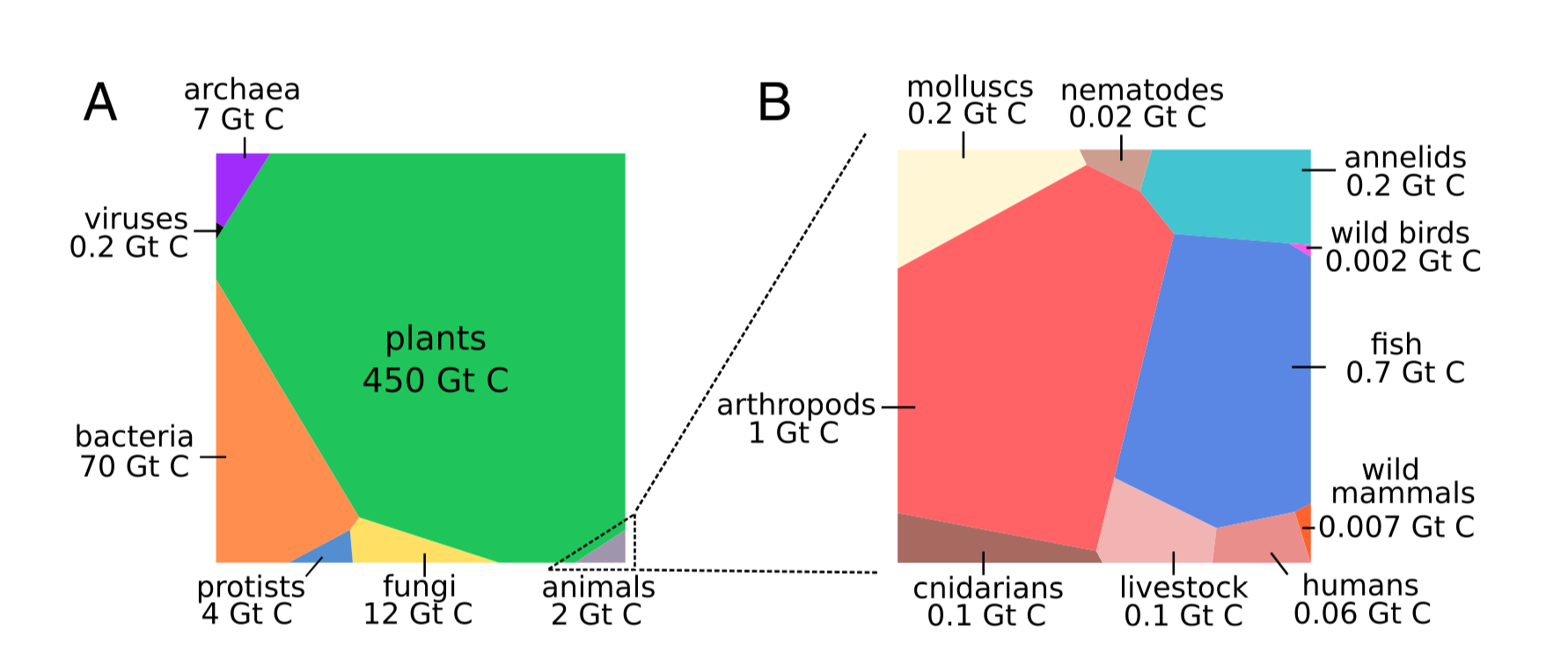
Caption: Biomass Assessment Study Graphs
Graph B breaks out the details for the various categories of the animals. It holds some surprises, too. Insects and their kin (arthropods) are by far the largest group, accounting for about half the animal biomass total, followed by fish at about one-third. The next categories are annelids and nematodes (worms), mollusks, and cnidarians (jellyfish), followed by livestock and humans. Wild mammals and wild birds are at the bottom of the list.
To put this is perspective, if we look back just over 10,000 years ago, the human population was 1,000 times less than it is today, and animal husbandry had barely begun. Essentially all mammals and birds were wild. There were also far more of them than there are now.
Domination or Stewardship?
There is a long history in some Jewish and Christian traditions that question the translation of the ancient Hebrew word in Genesis 1:26 as “dominion.” Some argue that the meaning of the word in recent times has moved closer the word “domination,” which characterizes the relationship as one of subservience or slavery. They suggest that the original meaning of the word is closer to “tending” or “stewardship” rather than mastery. A good shepherd exercises dominion over his sheep by taking care of them. In this case, “dominion” is for the benefit of the sheep.
We have the same conversations today about what constitutes good leadership or good governance. We cry foul when leadership or governance is exercised for the benefit of those in power. The distinction between good and bad leadership, or good and bad dominion, is based on the nature of the relationship. Is the dominion or leadership being exercised for the benefit of those with the power, or for the benefit of everyone?
The distinction between selfish and beneficial relationships was discussed in the previous article “What Do We Choose?, which highlighted the choice we have in viewing others, and nature, in terms of instrumental or intrinsic value. “We can look to our own benefits (instrumental value) – or we can look to the benefits represented in their intrinsic value.” It is fairly easy to see that choosing instrumental value is grounded in selfishness, while choosing intrinsic value is consistent with a broader concern for others and of the world itself.
The Biomass Assessment demonstrates emphatically that humanity has, as a whole, tended to value nature in purely instrumental terms. This is a stunning tragedy of immense, planet-wide proportions. The consequences are only now beginning to be understood. Among those consequences, perhaps, is the realization that “wildness in nature” is a romantic fantasy. But that does not mean we should give up.
How Do We Weigh Life on Earth?
Francis Bacon, sometimes referred to as the father of modern science, said, “knowledge is power.” The knowledge we have gained through modern science and the technologies that flow from it have given us power over nature. This power has provided immense benefits to humanity. (See, for example: The World is Getting Better.) Yet, as the Biomass Assessment now shows, these benefits have been secured, in part, through the domination of life on Earth by humanity. The exercise of our power over nature has measured the value of life, and the Earth that sustains it, exclusively in terms if what can do for us. We are guilty of using our dominion for selfish ends – and accumulating benefits to ourselves while inflicting terrible losses on life as a whole. This is an abuse of that power.
Yet the science behind the Biomass Assessment also brings a new kind of knowledge, the knowledge of what we have done. Potentially, this knowledge can give us a new kind of power, the power that comes from self-reflection. The world’s 7.6 billion people represent 0.01% of all living things. Yet that small fraction of life on the planet has destroyed 83% of all wild mammals and half of all plants. Perhaps, armed with this knowledge, some of us 7.6 billion people will change our perspective and look at life on Earth with more love and compassion. Perhaps, with sufficient moral imagination, we can begin to view ourselves in a positive role as stewards of life, rather than simply its destroyers.
It will be difficult for humanity to make this choice. It requires a transformation in thinking and behavior, beginning with repentance — turning away from our selfish viewpoint. This must be followed by reformation — turning towards the cherishing and love of life. If you wonder about my use of religious language to describe this process, it is intentional. Transforming our values and behaviors from selfish to loving is a spiritual journey. Moreover, this transformation has been promoted for thousands of years by the great religious teachers of the axial age, including Jesus Christ and the Buddha.
This transformation begins at the individual level for each of us, but ultimately needs to extend through all of the human institutions of commerce and governance. This means that our choices have to be reflected in our politics and our economic decisions. To put it simply, we need to vote with our words, our ballots and our money, in ways that are consistent with a compassionate and loving attitude towards life and the Earth. In this way we can exercise our knowledge, and our power, for good. This will take time, patience and persistence. It can begin with small steps, and small choices, to appreciate and cherish life, rather than simply consume it.

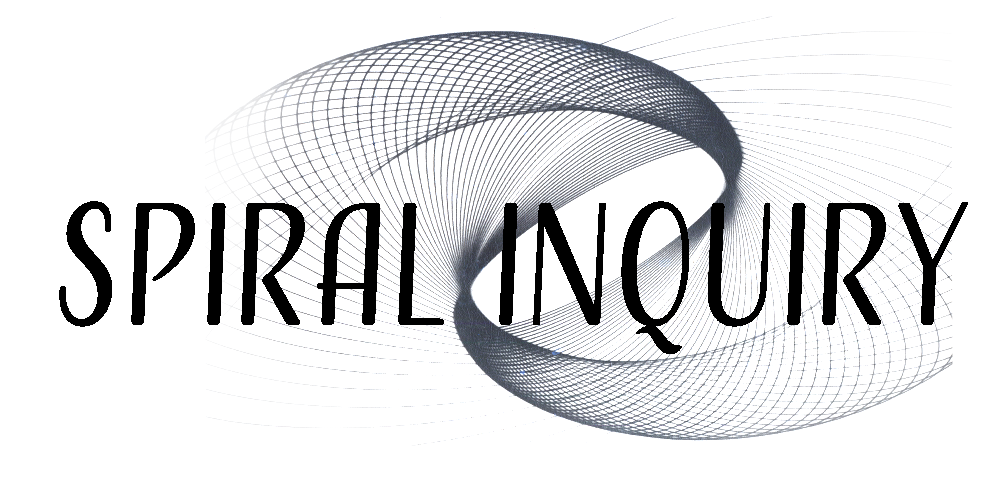
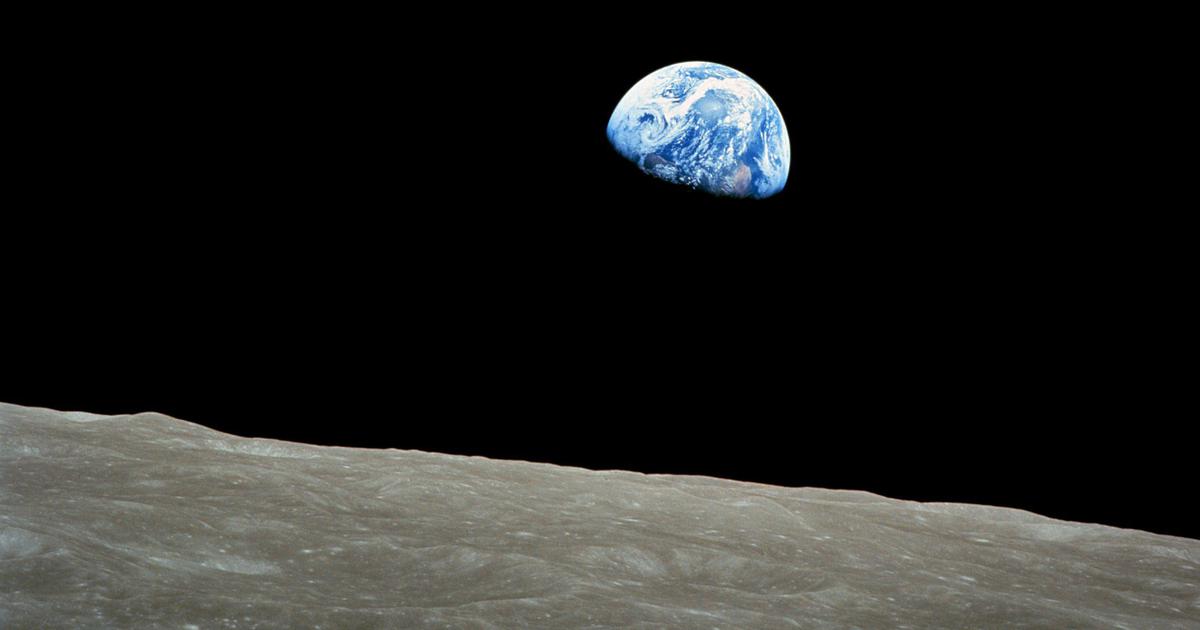


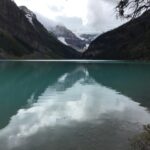
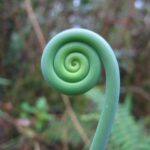

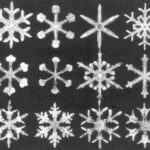

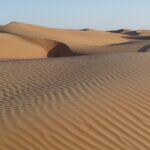
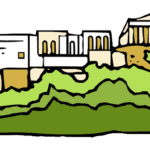
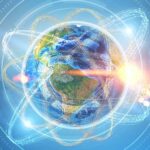


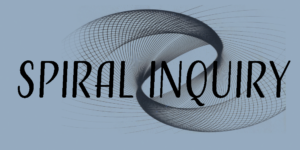

[…] birds are farmed poultry, and 96% of the Earth’s mammals are humans or livestock. (See: New Perspective on the Blue Planet. ) Plastic particles have been detected from the deep ocean to the Himalayas and in a new […]